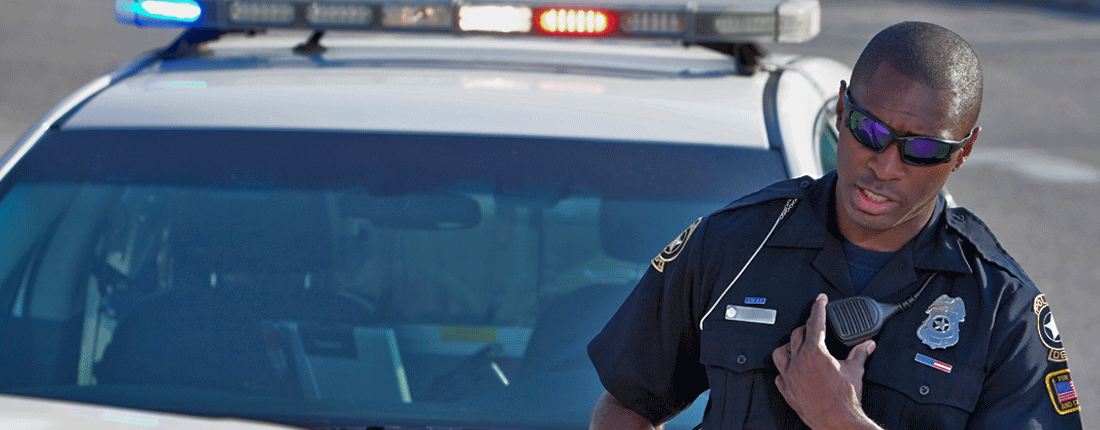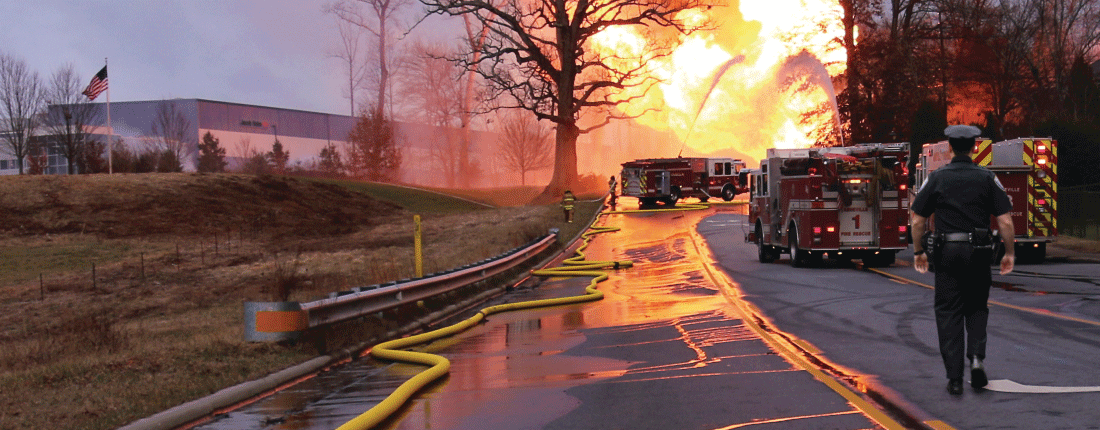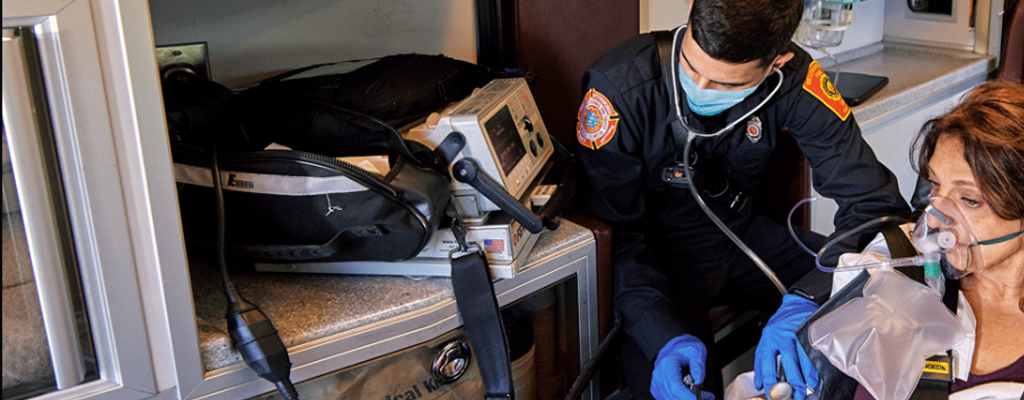

Firefighters, police and EMTs are typically first on the scene in an
emergency and face the greatest risk from electrical and natural gas hazards.
Understanding the potential dangers and learning how to deal with them correctly
makes your team and the public safer.
WELCOME
First
Responder
Safety


Firefighters, police and EMTs are typically first on the scene in an
emergency and face the greatest risk from electrical and natural gas hazards.
Understanding the potential dangers and learning how to deal with them correctly
makes your team and the public safer.
WELCOME
First
Responder
Safety


Firefighters, police and EMTs are typically first on the scene in an
emergency and face the greatest risk from electrical and natural gas hazards.
Understanding the potential dangers and learning how to deal with them correctly
makes your team and the public safer.
WELCOME
First
Responder
Safety
